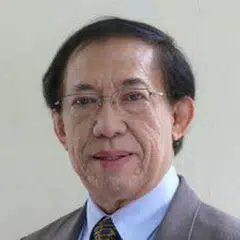The ghost of the Communist Party of Indonesia still haunts
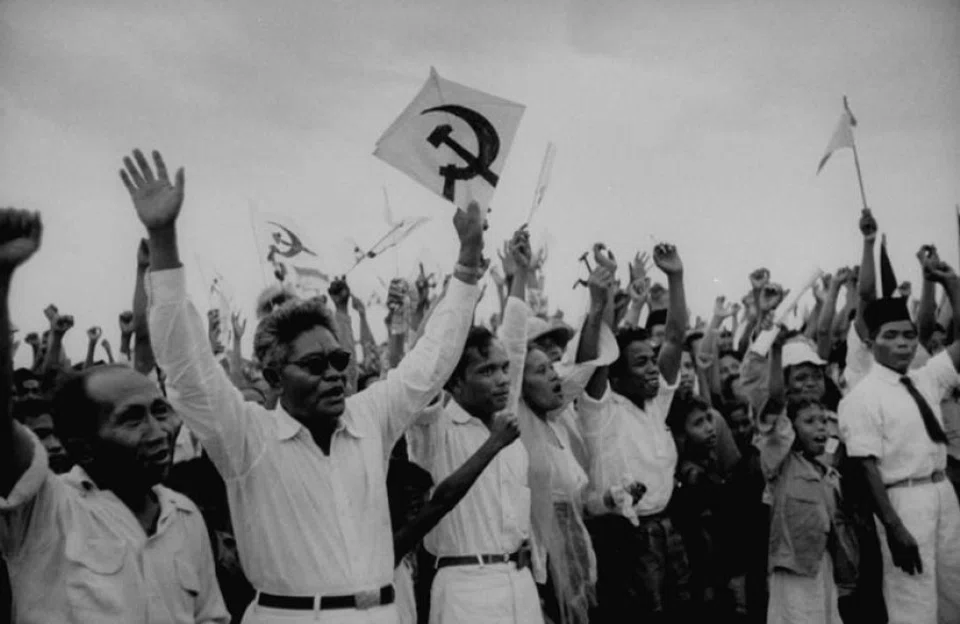
The now-defunct Communist Party of Indonesia (Partai Komunis Indonesia, PKI) has recently become a hot topic in Indonesia, in an indication that the attempted military coup on 30 September 1965 (also called the 30th September Movement or G30S) still plagues Indonesian politics.
Indonesia's military leaders, especially the older ones and the retired anti-Jokowi officers, as well as radical Muslims, have brought up again that the PKI instigated the G30S, rekindling the long-dormant PKI issue by claiming that the PKI is making a comeback.
However, views are divided among Indonesian politicians. On the one hand, groups from the time of Suharto's era are still around. They have formed alliances with radical Muslim forces against Jokowi's rule. On the other hand, the younger generation seem not to miss Suharto's rule, while the leftists and their children who suffered under Suharto also feel that the G30S was a fight between the military, or even a coup by Suharto that should be reinvestigated to uncover the truth.
On the night of 30 September to the early hours of 1 October 1965, Lieutenant Colonel Untung bin Syamsuri, commander of Sukarno's presidential guard, led the G30S in kidnapping six right-wing generals and a personal aide to General Abdul Haris Nasution.
Attempted coup and its bloody aftermath
Indonesia in the 1960s was politically unstable. The two main domestic powers - the military and the PKI - were both vying to grow their strength so as to take power after Sukarno left the scene. Sukarno himself stood between these two sides, calling for balance. However, the military grew in strength, while the PKI gradually grew closer to Sukarno. In August 1965, there were rumours that Sukarno's kidneys were failing and he might not make it. The military organised a Council of Generals, in the event of anything untoward.
PKI leader D.N. Aidit also got busy. Through the Special Bureau, he held secret meetings with underground PKI members and non-party leftist military officers in preparation for a first strike when necessary.
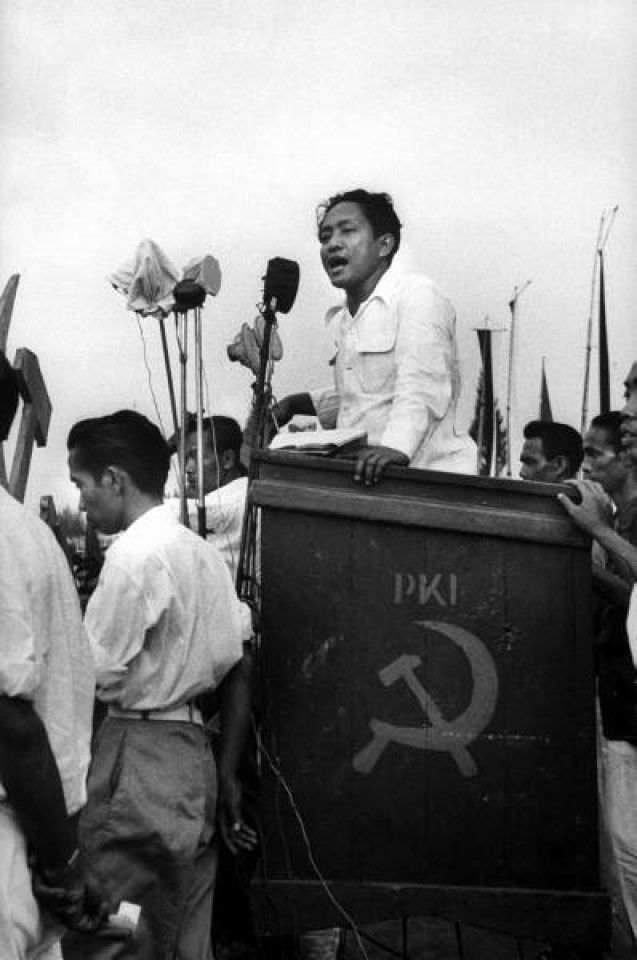
On the night of 30 September to the early hours of 1 October 1965, Lieutenant Colonel Untung bin Syamsuri, commander of Sukarno's presidential guard, led the G30S in kidnapping six right-wing generals and a personal aide to General Abdul Haris Nasution. These were all shot and killed, but Nasution himself escaped. Major General Suharto, who was commander of the strategic reserve, was not on the list of those who were kidnapped.
Nasution quickly linked up with Suharto to launch a counterattack. They accused the PKI of inciting the coup, and arrested PKI leaders. Sukarno wanted to stop Suharto from gaining control of the military, and appointed his officer as army chief of staff, but was rejected by Suharto and Nasution. Suharto-led military leaders took power and launched the worst massacre in Indonesian history, with an estimated 400,000 to 1.1 million PKI members, communist sympathisers, and suspected communist sympathisers killed. Following the failed coup, PKI chairman Aidit escaped to Central Java but was soon arrested and executed in secret.
The instigator of the G30S remains a mystery. There are five possibilities: the PKI, the left-wing military, Sukarno, Suharto, or the Central Intelligence Agency (CIA) in the US.
The role of the PKI in the G30S
The instigator of the G30S remains a mystery. There are five possibilities: the PKI, the left-wing military, Sukarno, Suharto, or the Central Intelligence Agency (CIA) in the US. Each theory is one-sided, but all of these individuals and groups have been implicated.
So, what role did the PKI play in this movement?
Based on declassified files from the US, Canadian academic John Roosa said that the Special Bureau - led by Aidit and chaired by Sjam Kamaruzaman - had given the order to assassinate the right-wing generals. However, Sjam (as he was known) was a mysterious figure, who may have been a double agent for the PKI and military.
Roosa felt the G30S seemed to be a coup started by Sjam, and Aidit was implicated; this gave the right-wing military an excuse to launch an unprecedented massacre. While the CIA did not participate in planning the coup, it gave a detailed list of PKI members to Indonesia's right-wing generals. Recently declassified files also show that the US government did not stop the massacre, leading some people to say that the G30S was planned by the CIA.
The book reveals that on 5 August 1965, Aidit was in Beijing, and discussed Indonesia's situation with Mao Zedong and other Chinese Communist Party (CCP) leaders.
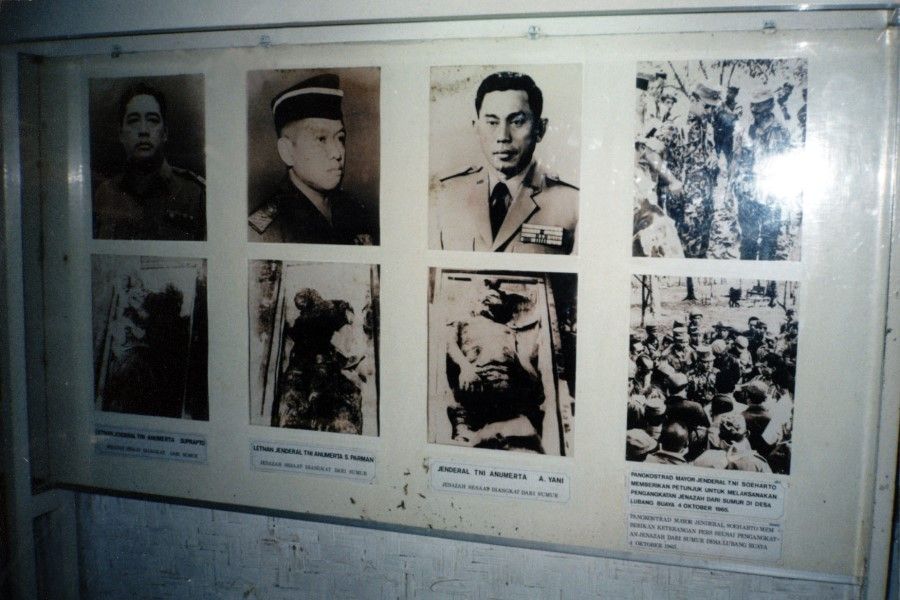
Most PKI leaders and their subordinates seemed not to know about this coup and took no action, lending an air of mystery to the incident. PKI members ended up becoming targets of assassination, without being able to resist; this is why some say the PKI did not start the coup and had nothing to do with it.
However, in her 2019 book Migration in the Time of Revolution: China, Indonesia, and the Cold War, Dr Zhou Taomo says that according to declassified documents from the Chinese Communist Party Central Archives, Aidit did participate in the G30S. The book reveals that on 5 August 1965, Aidit was in Beijing, and discussed Indonesia's situation with Mao Zedong and other Chinese Communist Party (CCP) leaders. Aidit raised his intention of taking action, and that he would set up a Military Committee made up of underground PKI members, to which Mao did not object. However, the CCP did not know of Aidit's pre-emptive action. Some academics think very few party members knew that Aidit was secretly working with "progressive" military officers (进步军官) through the Special Bureau to plan this coup.
It cannot be denied that Aidit was a key figure in the G30S. Soon after he was executed, in December that year, Mao wrote a poem in his memory, with these last two intriguing lines: "Flowers fall and bloom again (花落自有花开日), / Their scent returns in the coming year (蓄芳待来年)."
After the failure of the G30S, over two years between 1966 and 1967, the PKI central committee and politburo published five essays of "self-criticism". They said they would rebuild the PKI with Marxism-Leninism (Mao Zedong Thought was added in 1967), declared that armed action was the only way to gain political power, and indirectly criticised the coup-style G30S as making the mistake of "adventurism", without mentioning Aidit's name. These five documents were published in a compilation by the Beijing-based leadership of the PKI (known as the Delegation of the Central Committee of the PKI) with no publisher named, but the book design is similar to the Indonesian language books published by the Beijing Foreign Languages Press.
The spectre of the PKI is still having some impact on Indonesian politics. When Joko Widodo (Jokowi) was elected as president in 2014, his detractors accused him of being a PKI member and almost got him out of office
The political implications of the spectre of the PKI
The G30S was a watershed in Indonesia's political history. Indonesia after 30 September 1965 was a country under military rule. The PKI was wiped out, Sukarno stepped down, and the Suharto-led military took power, marking the start of 32 years of right-wing military rule.
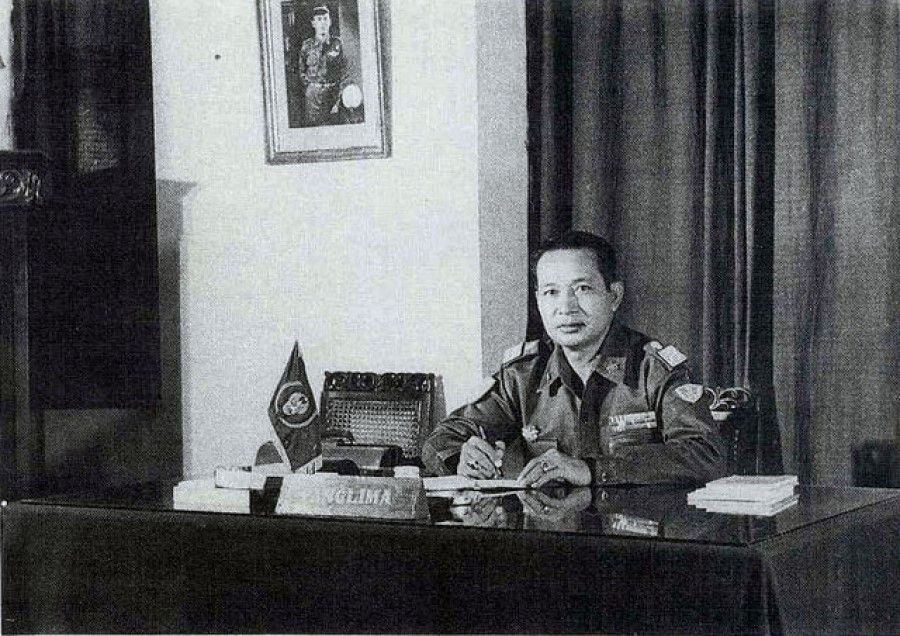
But although Suharto took military power after the G30S, he could not immediately take office - Sukarno was still legally the president. Nasution and Suharto began to weed out PKI elements and Sukarno supporters. It was only on 11 March 1966 that Suharto seized power from Sukarno to become Indonesia's second president, after which he formally declared the PKI an illegal organisation.
In his 32 years in power, Suharto thoroughly wiped out the PKI. After he was toppled, the anti-communist policies and rules against the PKI passed by the People's Consultative Assembly (the top legislative branch in Indonesia) were not removed, and some Indonesian elites have recently claimed that the PKI is making a comeback.
The spectre of the PKI is still having some impact on Indonesian politics. When Joko Widodo (Jokowi) was elected as president in 2014, his detractors accused him of being a PKI member and almost got him out of office - the fact is Jokowi was only born in 1961. And when Jokowi sought re-election in 2019, his detractors tried the same tactic, but again it did not work.
Although Jokowi was re-elected, he does not have that much political power. He was nominated as presidential candidate by the Indonesian Democratic Party of Struggle (Partai Demokrasi Indonesia Perjuangan, PDI-P), but he is not the party head, or even in the inner circle of party leaders, and has no control over the party. In order to govern, he had to strike a deal with other allied parties, and ended up bringing his political rival Prabowo Subianto into the Cabinet as defence minister.
With Jokowi's hands tied, his plans for reform have been affected; however, his adherence to "pancasila" as the foundation for the country, and his opposition to building an Islamic state, remains unchanged.* His detractors have not given up and continue to create issues to weaken his political power.
Indonesia's presidential elections are due in 2024, but preparations have begun.
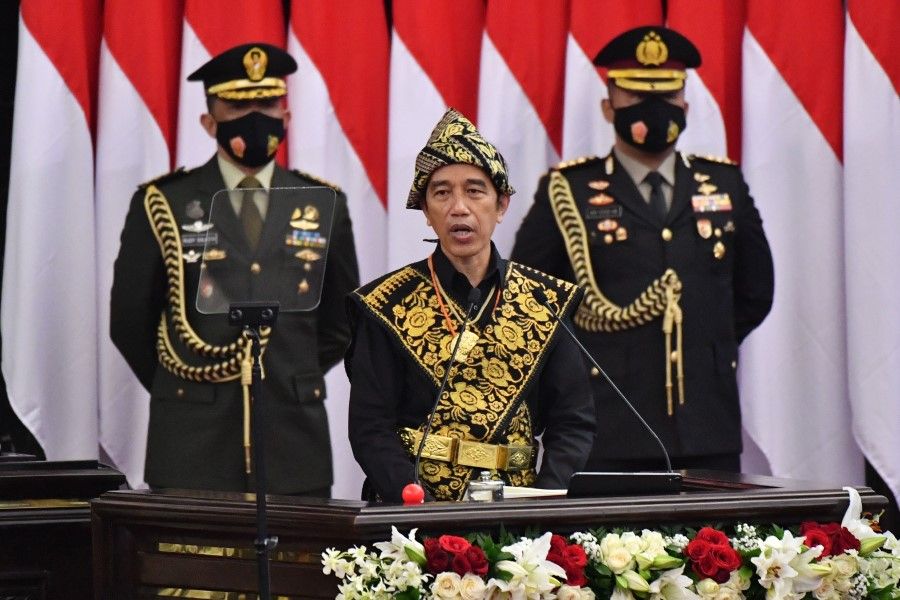
'PKI comeback' rhetoric ruse to oust Jokowi
On 18 August this year, former Muhamaddiyah leader Din Syamsuddin announced the formation of the Save Indonesia Coalition (Koalisi Aksi Menyelamatkan Indonesia, KAMI), made up of anti-Jokowi group leaders and intellectuals. They claim that Indonesia is in a major crisis, especially in terms of morals and social equality, which is why they want to come together and save Indonesia.
Most of the main leaders of this coalition are elites who have crossed swords with Jokowi before, or who have not benefited from him. Syamsuddin is one of them. Others include former Indonesian National Armed Forces (Tentara Nasional Indonesia, TNI) commander Gatot Nurmantyo and former Coordinating Minister for Economic Affairs Rizal Ramli. All of them have said that they would do their best if the people asked them to be president. PDI-P chairperson Megawati Sukarnoputri sarcastically said she did not expect that so many people wanted to be president.
Indonesia's presidential elections are due in 2024, but preparations have begun. One characteristic of KAMI is that it is not only anti-communist, but it works with extremist Islamic groups.
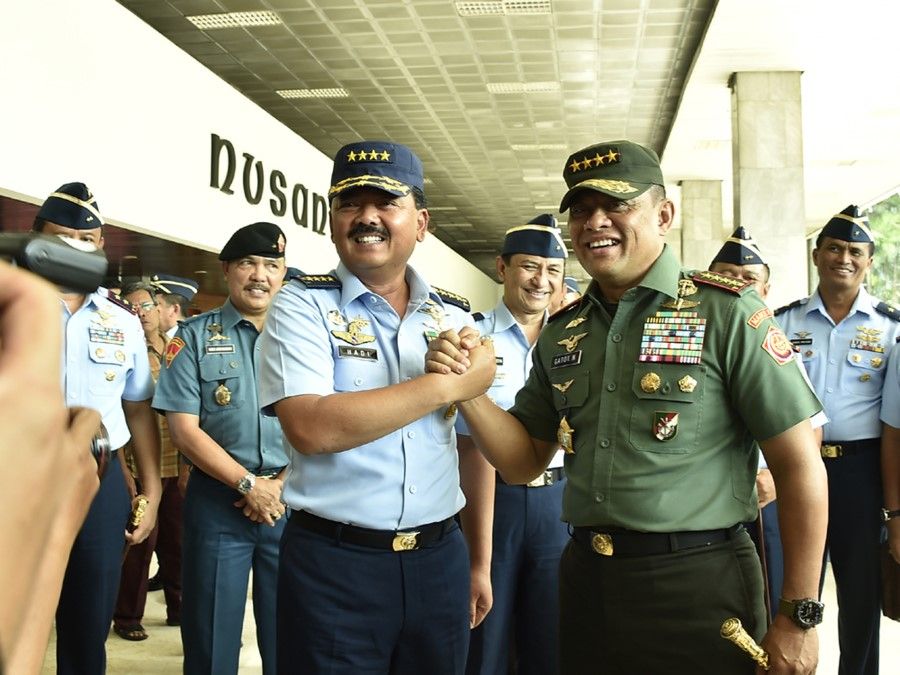
Gatot is an advocate of the "PKI comeback". As TNI commander, he proposed watching a propaganda film about the G30S and PKI, and in 2018, somehow managed to arrange for Jokowi to watch it with the military. In fact, this film was produced in the Suharto era and has gone unnoticed for years. But Gatot felt that the resurgent spectre of the PKI called for caution.
Before he retired in 2019, Gatot had already made a lot of preparations, including getting close to radical Muslims, speaking about social justice, and actively participating in the activities and politics of Islamic groups, seemingly paving the way for him to join politics. At this year's G30S commemoration event, he once again suggested that everyone should watch the G30S propaganda film, and even said this was why Jokowi removed him.
And in an instant, the resurgence of the PKI became a hot topic again. When people asked him what evidence he had, Gatot said some people wanted to refute the claim of a coup by the PKI, and that Indonesia was once again facing the crisis of a PKI comeback.
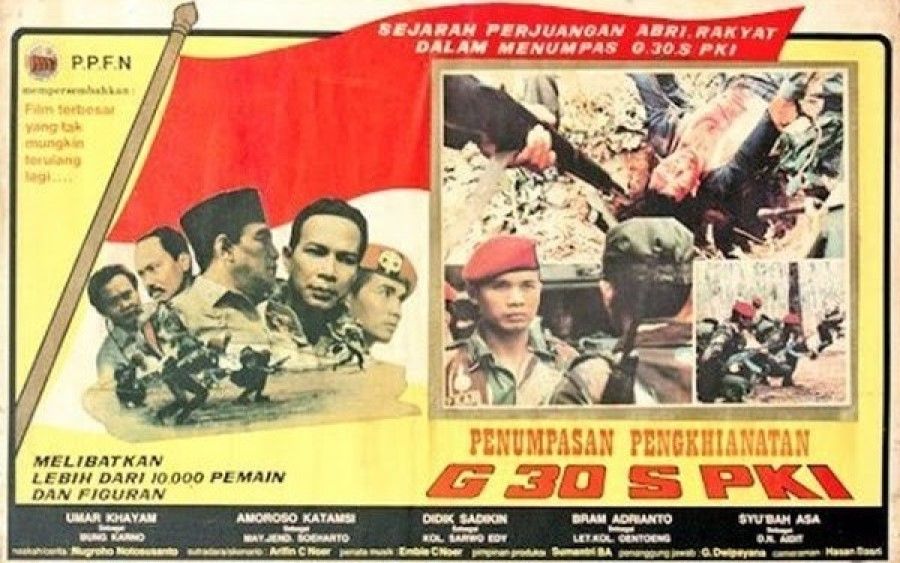
In fact, the government and many intellectuals feel that the PKI no longer exists and the G30S is part of history. However, right-wing generals and stakeholders keep harping on the movement and coup, trying to use this historical incident to earn political capital. On the other hand, to keep the peace and avoid another split among the people, Jokowi has tried to unite the people, but the spectre of the PKI will not go away.
On 1 October, Jokowi participated in Pancasila Sanctity Day (Hari Kesaktian Pancasila) commemorating the G30S. After 55 years, Indonesia's old wounds have not healed.
. . . . . .
*Pancasila is Indonesia's state philosophy comprising five principles generally referred to as religious devotion, humanitarianism, nationalism, consultative democracy, and social justice.
